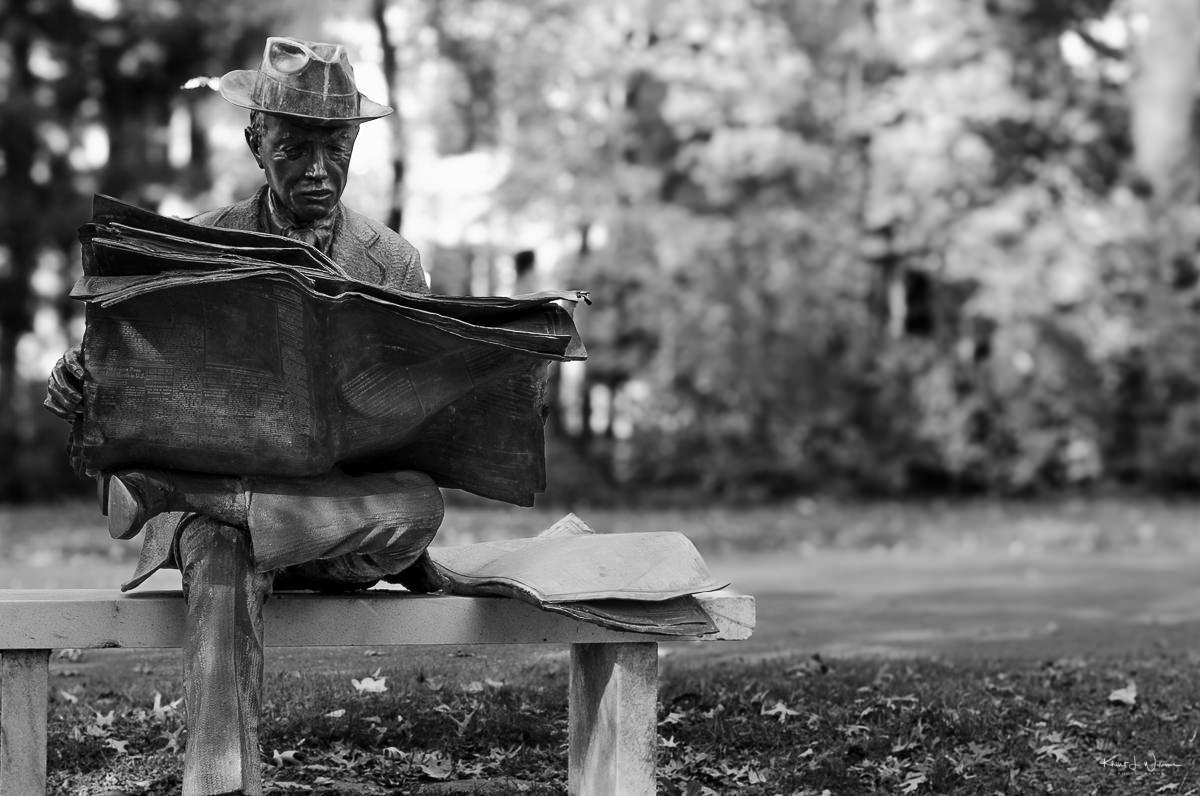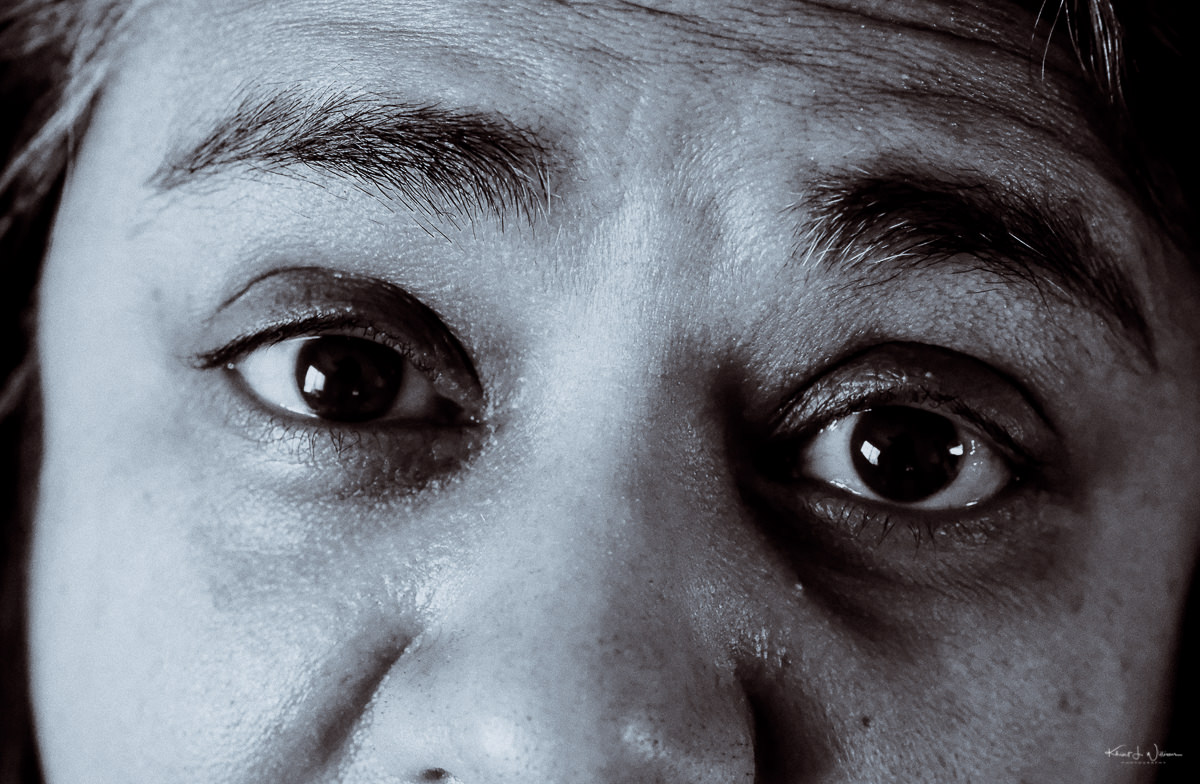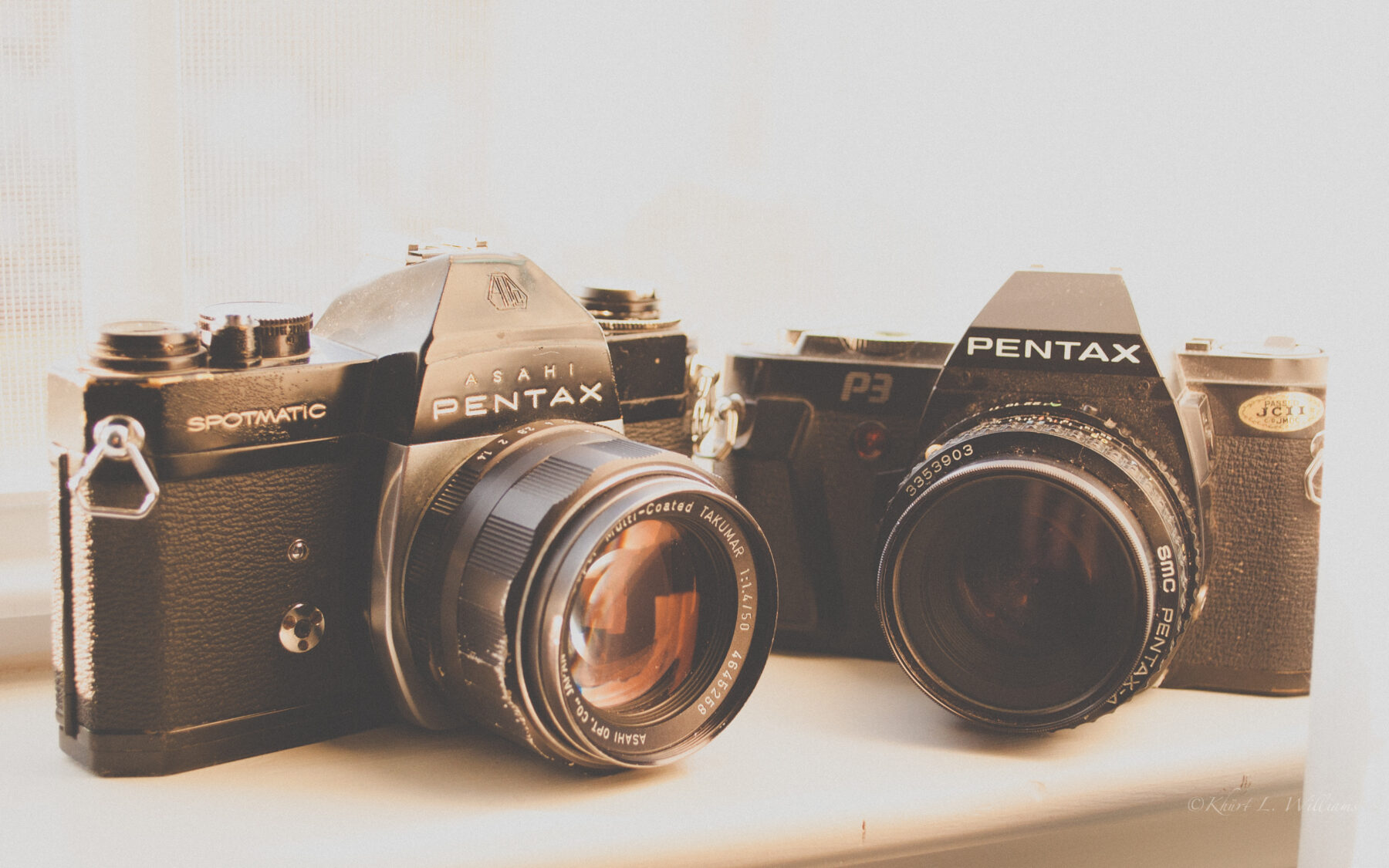First things first: there’s no image of any sort in this post, which is rare for me. It’s a silent protest against the fact that whether this link and thus its contents get disseminated to people who subscribe to my social media feeds (FB, IG, Twitter) and read or not is almost entirely down to some self-curating algorithms. The alarmist and provocative title are deliberate attempts to play the game (explained further on). It has nothing to do with whether you subscribed to my feeds or not. Only a small portion of the total population of posts or images published by people you follow actually shows up on your feed. This has been verified by several people and a simulation account I set up and subscribed to several sources; sure enough, at the start, you see a lot of posts from your ‘new friend’, but not long after – they virtually disappear. It isn’t because they haven’t been making content, it’s much more sinister than that.
...
The algorithms keep changing, though. They have to: again, to maintain popularity, relevancy and ultimately user base (necessary to justify ad rates to corporate spenders) – you have to keep the content diverse enough to grow the audience. You can’t keep showing the same stuff again and again even if it’s popular; the algorithm must allow for some genetic diversification to avoid the visual equivalent of inbreeding. But since we’re not at the point of programs sentient enough to determine if we find something wildly different interesting or not (or at least controversial enough to drive viewership) there still has to be human interaction in the coding. That human interaction reflects the biases of the creator – it must, because it’s impossible for any of us to be entirely objective or even objective relative to a larger audience. As a result, the algorithmically curated feeds now show what’s currently popular to the home base where the majority of the algorithm’s code is written. Unsurprisingly, this is remarkably US-West Coast-centric.
What a surprise. The digital nomadic lifestyle has consequences but not for those living it.
The appeal is obvious. Digital nomads present selective pieces of themselves on Instagram, YouTube, and personal blogs. Everything they do is alluring. If you only looked at social media, you’d think they were paid to chill on the beach. Of course, those looking to replicate their lifestyle only see what digital nomads want them to see. Who doesn’t want to show their most appealing self online?
But selective presentation covers up— or completely ignores — the less appealing aspects of calling your MacBook your office. Many digital nomads had significant privilege before pursuing such a lifestyle, privilege that allows them to avoid the potentially negative aspects of location independence.
..
Digital nomads look for locales that are inexpensive (by Western standards), where they can easily outspend residents to maintain a quality of life that would be difficult to achieve on local salaries. Chiang Mai, Thailand, and Bali are some of the leading destinations for those seeking a location-independent lifestyle. Predictably, developers in these areas begin to chase Western money.Digital Nomads Are Not the Future by Paris Marx in Medium
Former Republican federal prosecutors discuss how if President Trump were anyone else, he would have been charged with obstruction of justice based off the information released in the Mueller Report.



